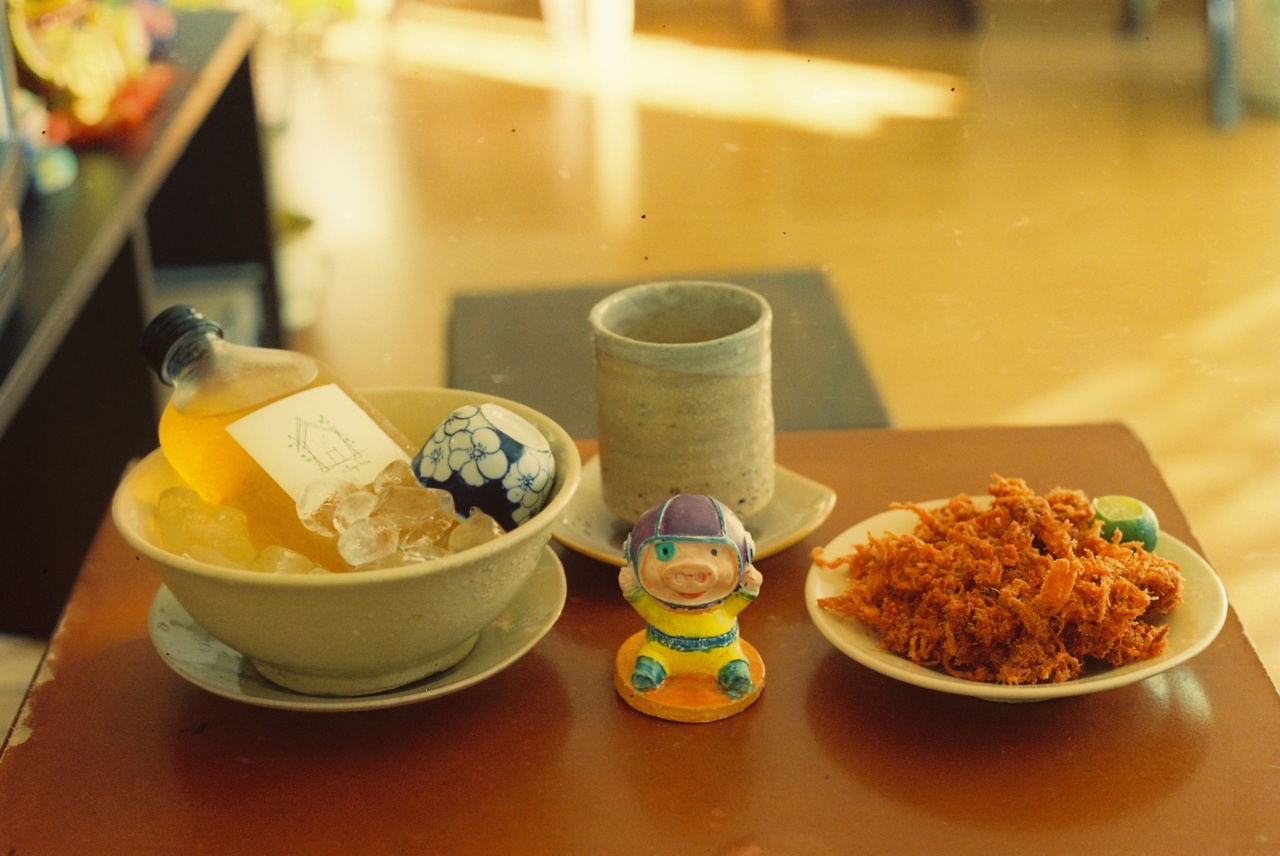Hemorrhoids are swollen veins in the lower rectum or anus. They commonly occur due to increased pressure on the veins in the pelvic and rectal area.
Hemorrhoids can result from chronic constipation, diarrhea, straining during bowel movements, or sitting for extended periods on the toilet. Hemorrhoids can also be genetic or caused by pregnancy.
What is alcohol?
Alcohol is a depressant drug that is consumed by many for recreational purposes. The alcohol present in drinks such as beer, wine, and spirits can have adverse effects on the body if consumed in large quantities.
Excessive consumption of alcohol can cause a range of health problems, including liver damage, high blood pressure, and increased risk of certain cancers.
How does alcohol worsen hemorrhoids?
Alcohol consumption can worsen hemorrhoids in several ways. Firstly, it can cause dehydration, which can lead to constipation.
Chronic constipation is one of the primary causes of hemorrhoids, so drinking alcohol can increase the risk of developing this condition.
Secondly, alcohol can irritate the gastrointestinal tract, leading to inflammation and swelling of the rectal veins. This inflammation can exacerbate existing hemorrhoids, causing sharper pain, itching, and discomfort.
Thirdly, alcohol can interfere with the body’s ability to flush out toxins and wastes, leading to an accumulation of harmful substances in the rectal area.
This accumulation of toxins can cause irritation and inflammation of the rectal veins, making existing hemorrhoids worse.
How much alcohol worsens hemorrhoids?
The amount of alcohol required to worsen hemorrhoids can vary from person to person. However, it is generally believed that excessive consumption of alcohol can increase the risk of developing hemorrhoids and exacerbate existing hemorrhoids.
Consuming more than two alcoholic drinks per day can cause dehydration, which can lead to constipation, a significant contributing factor to hemorrhoids.
What are the symptoms of hemorrhoids?
The symptoms of hemorrhoids can differ depending on the type and severity of the condition. External hemorrhoids can appear as small lumps or bumps around the anus. They can be painful, itchy, and cause bleeding.
Internal hemorrhoids are located inside the rectum and can cause bleeding, itching, and discomfort. If hemorrhoids are not treated, they can become more severe, leading to thrombosed hemorrhoids, which are clotted hemorrhoids that can cause intense pain and discomfort.
How can hemorrhoids be treated?
Hemorrhoid treatment options depend on the severity of the condition. Mild hemorrhoids can be managed by adopting a high-fiber diet, drinking plenty of water, and avoiding straining during bowel movements.
Stool softeners and topical over-the-counter creams can also be used to relieve pain and itching.
In more severe cases, a doctor may recommend minimally invasive procedures, such as rubber band ligation or sclerotherapy, to shrink and remove hemorrhoids. Surgical procedures, such as a hemorrhoidectomy, may be recommended in extreme cases.
Preventing hemorrhoids
Preventing hemorrhoids can be done by maintaining a healthy diet, drinking plenty of water, and exercising regularly. Avoiding straining during bowel movements can also help prevent hemorrhoids.
If you are experiencing the symptoms of hemorrhoids, it’s best to seek medical attention to determine the best course of treatment for you.
The bottom line
While alcohol consumption is not directly responsible for hemorrhoids, excessive alcohol consumption can exacerbate existing hemorrhoids and increase the risk of developing the condition.
Consuming alcohol can lead to dehydration, inflammation, irritation, and the accumulation of harmful toxins in the rectal area, all of which can worsen hemorrhoids.































